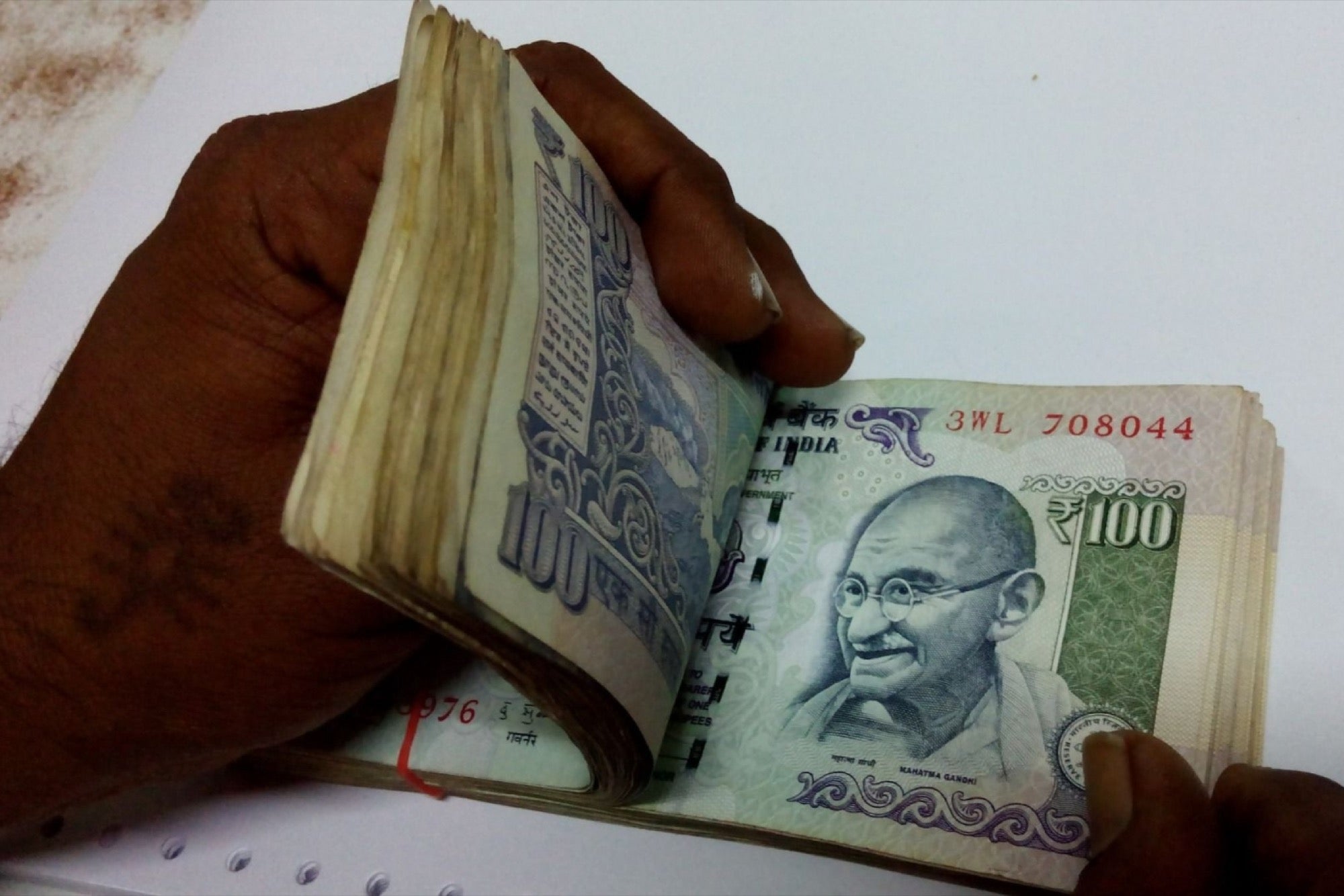India's Digital Drive is Changing The Way It Banks. #5 Latest Rules With respect to digitization, the major private banks like HDFC, ICICI and AXIS Bank have reintroduced transactions charges.
Opinions expressed by Entrepreneur contributors are their own.
You're reading Entrepreneur India, an international franchise of Entrepreneur Media.

From the time of lining up a queue in banks to today's era of Unified Payment Interfaces! The Indian banking system has witnessed paradigm shifts since the time of government's shock move of demonetizing country's high-currency notes.
An India, which earlier was unknown to digital transactions, because the 90 per cent transactions were in cash, underwent a revolutionary change that now even a street vendor has PayTm wallet as its payment mode.
With respect to digitisation, the major private banks like HDFC, ICICI and AXIS Bank have reintroduced transactions charges. For entrepreneurs and big conglomerates that are dealing with everyday transactions in country, this move has certainly brought up a substantial change in their business transactions. To ease your know-how about the Indian banking transactions, take a look at the latest rule-book to pilot your transactions carefully.
Minimum monthly average account balance for Savings account:
The minimum monthly average balance requirement for basic 'no-frills account' is nil. However, the limit of cash transactions from savings account is free for the first 4 transactions of a month.
Imposed Charges on exceeding the limit of cash transactions:
Private Banks like HDFC, ICICI and Axis Bank begin charging INR 150 per transaction for cash withdrawals/deposits if one would exceed the limit of 4 transactions in a month.
- For HDFC bank users, the charges will be in effective from 1st March on savings as well as salary accounts.
- In case of ICICI banks, there is the relief for first four cash withdrawal/deposit transactions to account users, while INR5 will be charges on each INR1000 rupees. With respect to this, the third party limit would be INR50000 per day.
Interbank ATM charges:
The interbank ATM charges have also been revised. Axis Bank has availed the relief for the first five transactions or till INR10 lakhs of cash deposits or withdrawals. Beyond of which, INR5 on every 1000 or INR150, whichever is higher will be charged.
Banks will charge for checking balance and minimum statement too:
Now checking balance and accessing mini statements are chargeable if you're a private bank accountholder. The 'non- financial' transactions, which include balance enquiry, mini statement and pin change carry a charge of Rs. 8.5, excluding the applicable taxes.
Is there anyone who has permanent relief?
Yes! Senior citizens and minor account holders are free from any such charges.
Will the public sector banks impose same charges in near future?
There is no clarification yet on when and how public sector banks will begun the same imposition of charges on its users.












